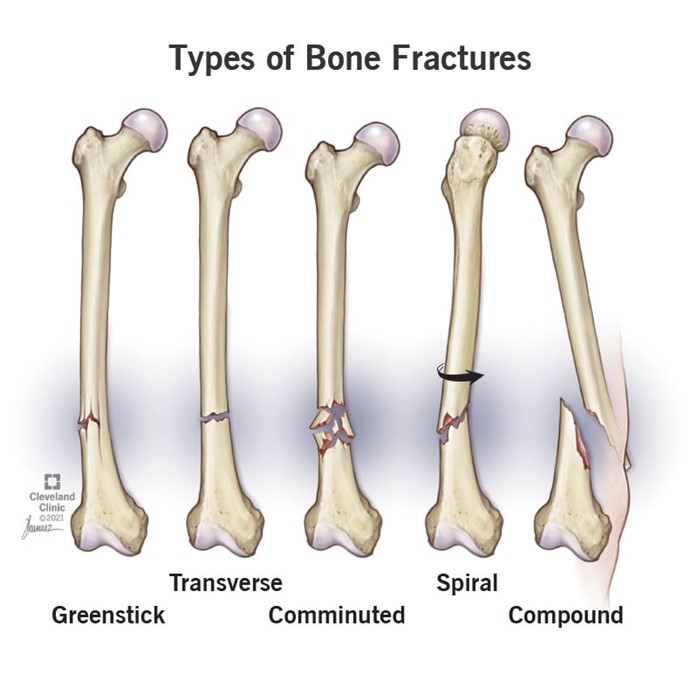A nurse is teaching a client who is 24 hr postpartum about breastfeeding. Which of the following client statements indicates an understanding of the teaching?
I will alternate the first breast that I offer my baby with each feeding.
I will store my breastmilk in the refrigerator up to 48 hours.
I will nurse my baby once every 4 hours.
I will offer my baby water between feedings.
The Correct Answer is A
Choice A reason: Alternating the first breast that is offered to the baby with each feeding can help ensure equal stimulation and drainage of both breasts, and prevent engorgement, mastitis, or milk supply problems.
Choice B reason: Storing breastmilk in the refrigerator up to 48 hours is not recommended, as it can reduce the quality and quantity of antibodies and nutrients in the milk. The optimal storage time for breastmilk in the refrigerator is up to 24 hours.
Choice C reason: Nursing the baby once every 4 hours is not sufficient, as it can lead to insufficient milk intake, dehydration, weight loss, or jaundice in the baby. The baby should be nursed on demand, or at least every 2 to 3 hours during the day and every 4 hours at night.
Choice D reason: Offering the baby water between feedings is not necessary, as it can interfere with breastfeeding and cause water intoxication or electrolyte imbalance in the baby. Breastmilk provides enough hydration and nutrition for the baby.
Nursing Test Bank
Naxlex Comprehensive Predictor Exams
Related Questions
Correct Answer is D
Explanation
Choice A reason: BMI of 18.5 is at the lower end of the normal range (18.5-24.9), but it does not indicate severe malnutrition.
Choice B reason: Potassium 3.7 mEq/L is within the normal range (3.5-5.0), and it does not indicate electrolyte imbalance due to malnutrition.
Choice C reason: Phosphorus 3.5 mg/dL is within the normal range (2.5-4.5), and it does not indicate mineral deficiency due to malnutrition.
Choice D reason: Albumin 2.5 g/dL is below the normal range (3.5-5.0), and it indicates protein deficiency due to malnutrition. Albumin is a major protein in blood plasma that helps maintain fluid balance, transport hormones, and fight infections. Low albumin levels can cause edema, weakness, infection, and poor wound healing.
Correct Answer is B
Explanation
Choice A reason: Dry eyes are not caused by vitamin D deficiency, but by other factors such as aging, medication, environmental conditions, or eye diseases. Vitamin D does not have a direct role in eye health or function.
Choice B reason: Fractures are caused by vitamin D deficiency, as vitamin D helps the body absorb calcium, which is essential for bone health and strength. Vitamin D deficiency can lead to osteoporosis, a condition in which the bones become brittle and prone to breaking.
Choice C reason: Infection is not caused by vitamin D deficiency, but by other factors such as exposure to pathogens, weakened immune system, or poor hygiene. Vitamin D may have some role in modulating immune responses, but it is not a primary factor in preventing infection.
Choice D reason: Swelling is not caused by vitamin D deficiency, but by other factors such as injury, inflammation, fluid retention, or allergic reaction. Vitamin D does not have a direct role in regulating fluid balance or reducing inflammation.

Whether you are a student looking to ace your exams or a practicing nurse seeking to enhance your expertise , our nursing education contents will empower you with the confidence and competence to make a difference in the lives of patients and become a respected leader in the healthcare field.
Visit Naxlex, invest in your future and unlock endless possibilities with our unparalleled nursing education contents today
Report Wrong Answer on the Current Question
Do you disagree with the answer? If yes, what is your expected answer? Explain.
Kindly be descriptive with the issue you are facing.
